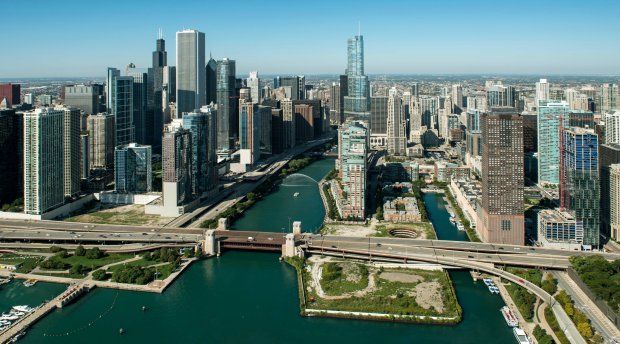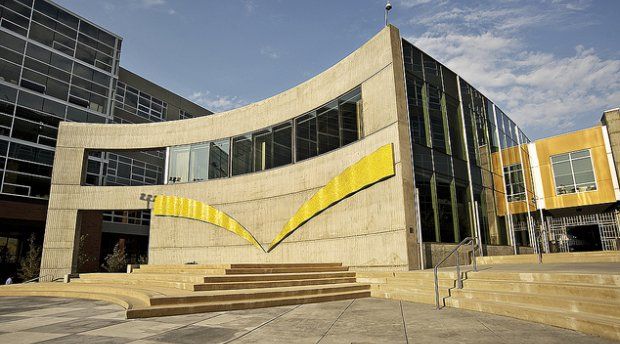States Healthcare Debts Rise 10% For MaineCare
Post Views 2
More than half of the hospitals reported an increase in bad debt and “charity care” – free care provided to patients who cannot pay. A third of the hospitals said free care debt was up more than 10 percent. Health care experts say most of the bad debt results from patients who have lost their health insurance, or whose plans have extremely high deductibles that they cannot pay.
At Goodall Hospital in Sanford, Maine last week, 30 positions – 14 of them vacant – were eliminated after earlier belt-tightening measures such as hiring and pay freezes failed to close a budget gap. “We are making very difficult midyear budget cuts,” said Goodall President Darlene Stromstad.
Goodall also is located in an economically troubled area – Sanford, Maine’s eighth-largest community, has the state’s highest home foreclosure rate. “Our community has been especially hard hit,” Stromstad said. “I think the economy here was getting worse earlier.”
Goodall and York are not alone. The MHA survey found that 28 of the 37 hospitals are considering budget cuts, with several reporting hiring or pay freezes and others delaying capital projects. Half reported decreases in patient volume.
At the same time, hospital investments and endowments on average have lost about 25 percent of their value. Collectively, the hospitals also are owed about $400 million in MaineCare funds, a debt that has built up for years. MaineCare, formerly known as Medicaid and Cub Care, provides health and dental insurance assistance to low-income Mainers.
Many law makers also warned against cuts contained in the governor’s proposed supplemental budget, which aims to close a $154 million budget gap. “We’re running out of time,” Michaud said. “It is not OK that they are years behind in paying us. It compounds the (recession-related) problems hugely.”
A spokesman for the governor noted that the agreement is the first to address the long-standing issue of back payments, which pre-dated the Baldacci administration. The state has paid more than $40 million in the past year, said David Farmer, Baldacci’s deputy chief of staff.
States Healthcare Debts Rise 10% For MaineCare by Harrison Barnes


 Expected Changes in 2016 to the Workplace
Expected Changes in 2016 to the Workplace  Chicago’s Top Tech Companies
Chicago’s Top Tech Companies  Atlanta’s Top Telecom, Cell Phone, and Electronics Manufacturers
Atlanta’s Top Telecom, Cell Phone, and Electronics Manufacturers  Top Canadian Companies You Want to Work For
Top Canadian Companies You Want to Work For  Amazon May Have a Better Grasp on Workplace Culture
Amazon May Have a Better Grasp on Workplace Culture